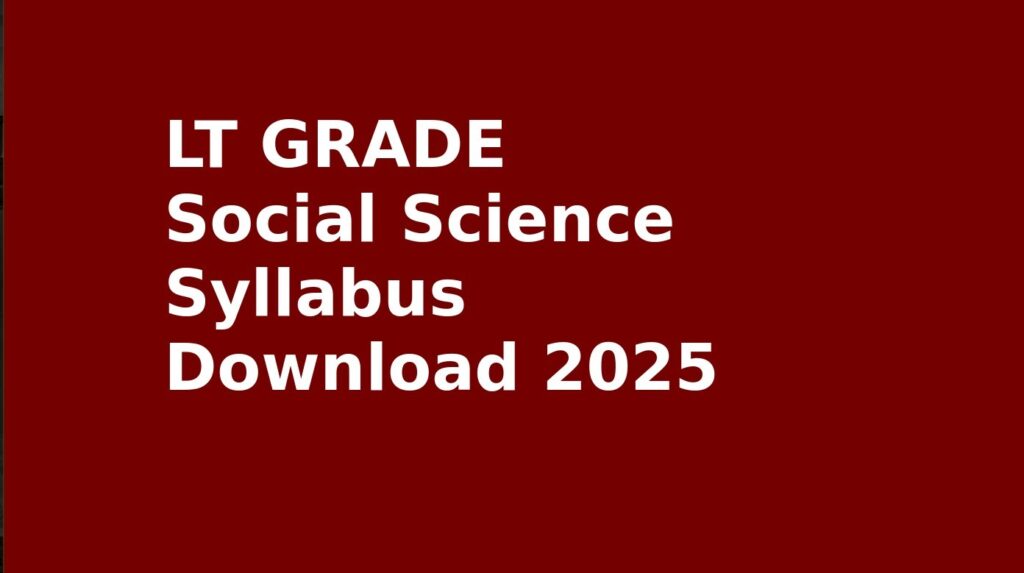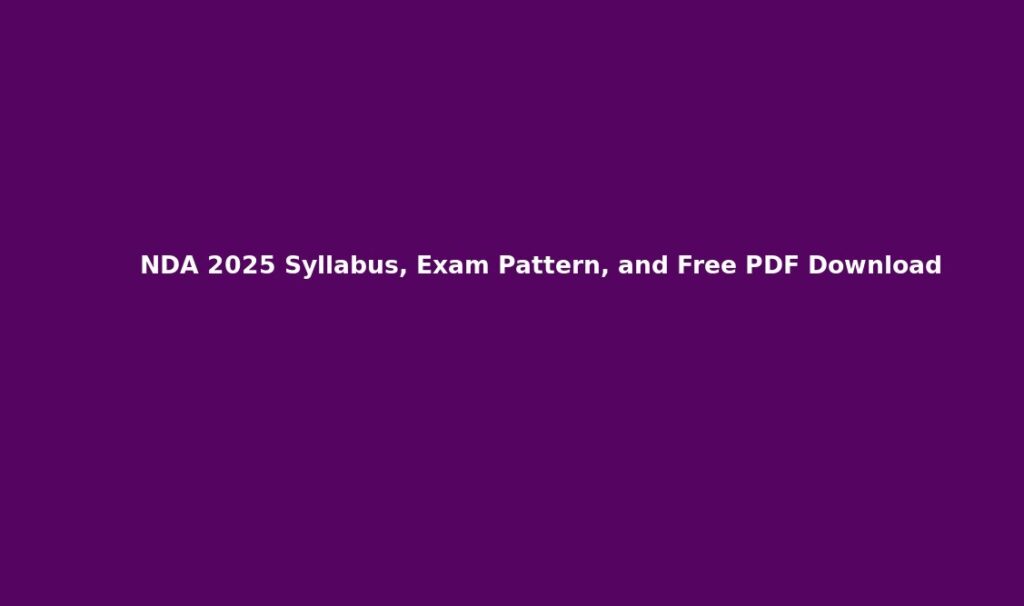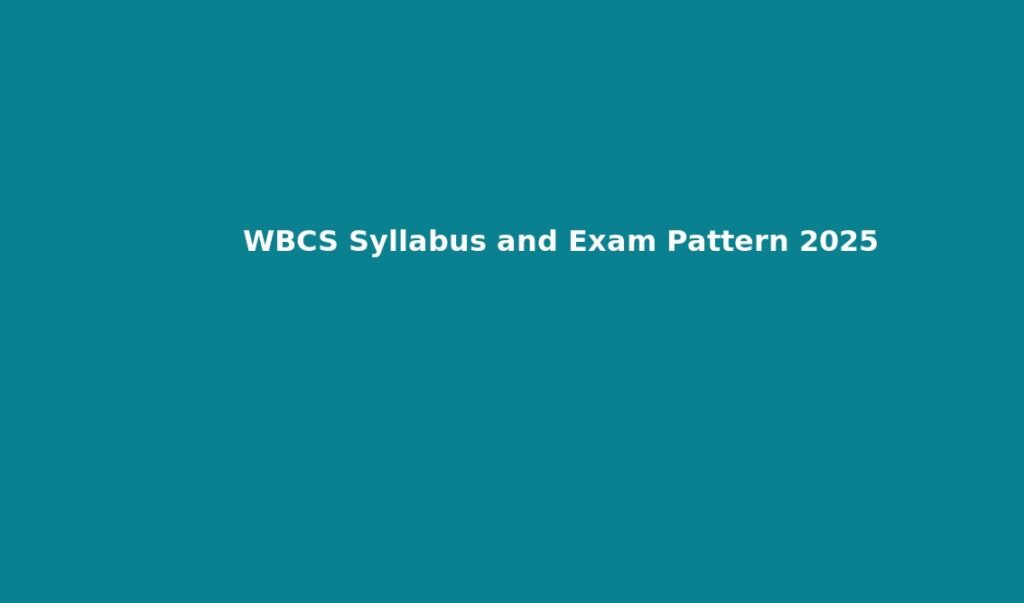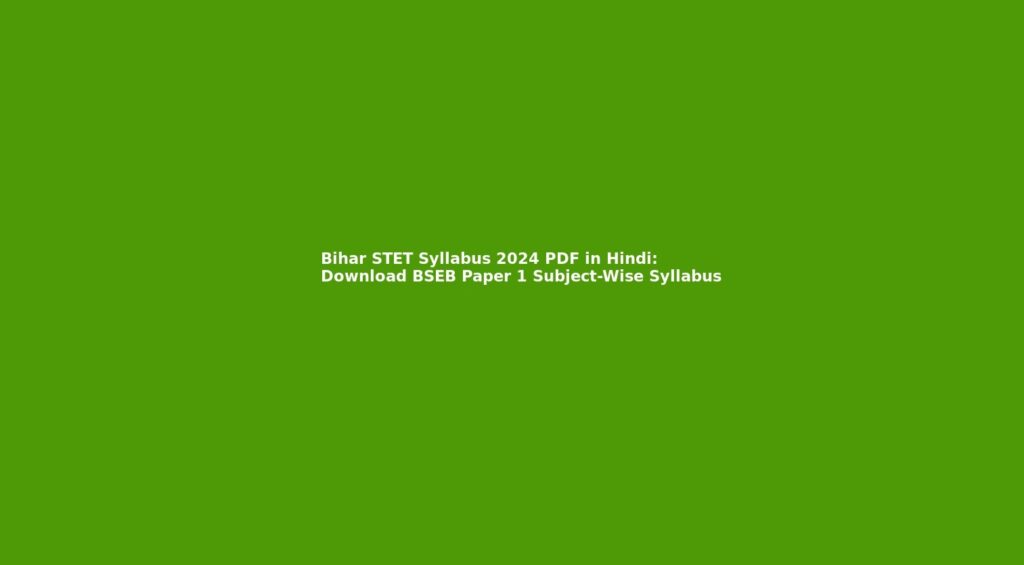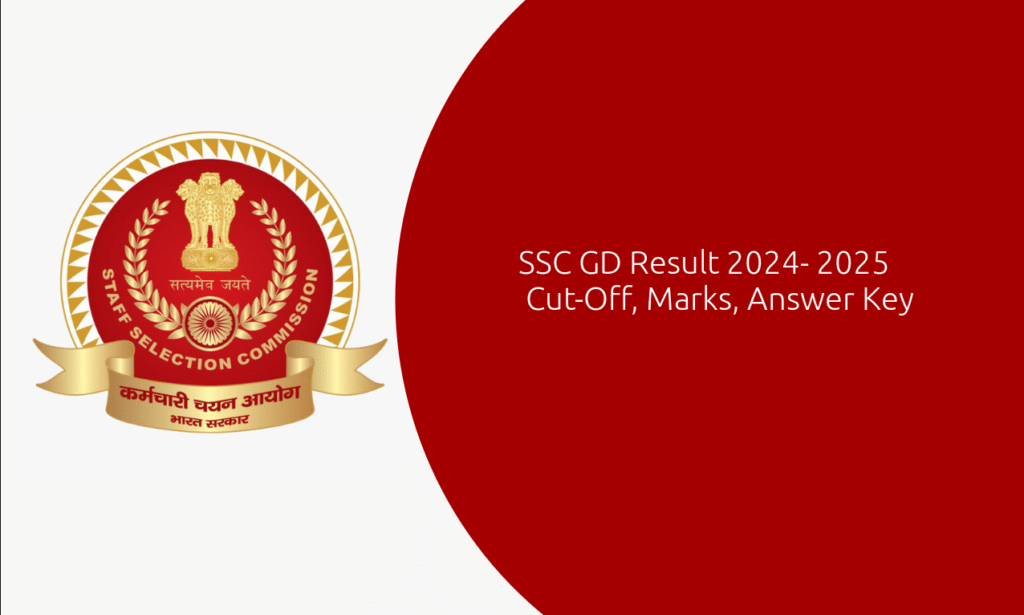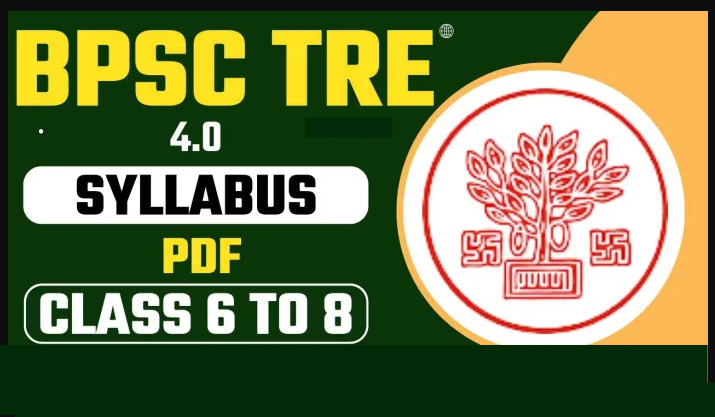The GATE (Graduate Aptitude Test in Engineering) is a crucial exam for engineering and science graduates aiming for higher education (MTech/PhD) or PSU jobs. With no age limit and flexible eligibility, it provides a golden opportunity for students to boost their careers.

What is the Full Form of GATE?
The full form of GATE is Graduate Aptitude Test in Engineering. It is a national-level entrance exam conducted for admission into MTech, ME, and PhD programs in top engineering institutes like IITs, NITs, and IISc.
What is the GATE Exam?
The GATE exam is a computer-based test (CBT) that evaluates candidates’ understanding of engineering and science subjects. Qualifying in GATE opens doors to:
✔ MTech/ME admissions in IITs, NITs, IISc
✔ PhD programs with scholarships
✔ PSU jobs (BHEL, ONGC, NTPC, etc.)
✔ Higher education opportunities abroad (Germany, Singapore)
GATE Exam Conducting Bodies
- Indian Institute of Science (IISc), Bangalore
- IIT Bombay, Delhi, Kanpur, Kharagpur, Madras, Roorkee, Guwahati
GATE Eligibility Criteria
The GATE eligibility criteria are as follows:
1. For B.Tech/B.E/B.Arch Students
✅ Bachelor’s degree (4 years) in Engineering/Technology
✅ Final-year students can apply
2. For B.Sc/Diploma Holders
✅ 3-year degree after B.Sc/Diploma in Engineering
3. For M.Sc/MCA/MA Students
✅ Master’s degree in Science/Mathematics/Statistics
4. For Integrated Programs (BS-MS/MTech)
✅ 4/5-year integrated degree in Engineering/Science
Note: There is no age limit for the GATE exam.
GATE Syllabus 2025
The GATE syllabus varies depending on the subject (e.g., CS, ME, EE, CE). Key topics include:
Common Sections
- Engineering Mathematics
- General Aptitude (Verbal & Numerical Ability)
Subject-Specific Topics
- Computer Science (CS): Algorithms, OS, DBMS
- Mechanical (ME): Thermodynamics, Fluid Mechanics
- Electrical (EE): Networks, Power Systems
📌 Pro Tip: Download the official GATE syllabus PDF from the IIT/IISc website.
GATE Preparation Tips for 2025
Follow these GATE preparation tips to score well:
1. Understand the Exam Pattern
- Total Marks: 100
- Duration: 3 hours
- Question Types: MCQs, NAT (Numerical Answer Type)
2. Best Books for GATE Exam
| Subject | Recommended Books |
|---|---|
| CS | Algorithms – CLRS, OS – Galvin |
| ME | Thermodynamics – PK Nag |
| EE | Power Systems – GK Publications |
3. Solve Previous Year Papers
- Analyze last 5 years’ GATE papers
- Take mock tests (Made Easy, ACE Academy)
4. Time Management Strategy
- 1st Hour: Attempt easy questions
- 2nd Hour: Solve moderate-level problems
- 3rd Hour: Focus on difficult sections
MTech Admission Through GATE
Top institutes offering MTech admission through GATE include:
🏛 IITs, NITs, IIITs, IISc
📌 Selection Process:
- GATE Score (70% weightage)
- Interview/Written Test (30%)
💰 Scholarships:
- GATE qualified students get MHRD stipend (₹12,400/month)
PSU Jobs Through GATE
Many PSUs recruit engineers based on GATE scores:
| PSU Name | Job Role | Salary (Approx.) |
|---|---|---|
| BHEL | Engineer | ₹10-15 LPA |
| ONGC | Graduate Trainee | ₹12-18 LPA |
| NTPC | Executive Trainee | ₹9-14 LPA |
📌 Apply via: GATE score + Interview
GATE vs CAT: Which is Tougher?
| Parameter | GATE | CAT |
|---|---|---|
| Purpose | MTech/PSU Jobs | MBA Admissions |
| Difficulty | Technical + Aptitude | Quant, DILR, VARC |
| Top Institutes | IITs, NITs | IIMs, FMS |
Verdict:
- GATE is tougher for engineers (technical depth)
- CAT is tougher for non-engineers (verbal/logical sections)
GATE Exam Pattern 2025
| Section | Marks | Questions |
|---|---|---|
| General Aptitude | 15 | 5 (1-mark) + 5 (2-mark) |
| Technical Subject | 85 | 25 (1-mark) + 30 (2-mark) |
Marking Scheme:
✔ +1 or +2 for correct answers
❌ -0.33 or -0.66 for wrong MCQs
⭕ No negative marking for NAT questions
Final Tips to Crack GATE 2025
🔥 Start early (6-12 months preparation)
🔥 Focus on weak areas (use standard books)
🔥 Revise formulas daily
🔥 Take online mock tests (Gradeup, Unacademy)
Opportunities after GATE 2025
The GATE exam is a golden opportunity for engineering graduates to secure MTech admissions, PSU jobs, or PhD scholarships. By understanding the GATE syllabus, exam pattern, and preparation strategies, you can crack GATE with a top rank.
📢 Start preparing today to unlock a bright future!
Disclaimer – For Any recent update , We would like to request you to visit the official Website of GATE Exam
GATE 2025 Test Papers and Codes
| Test Paper | Code | Test Paper | Code |
|---|---|---|---|
| Aerospace Engineering | AE | Geology & Geophysics | GG |
| Agricultural Engineering | AG | Instrumentation Engineering | IN |
| Architecture and Planning | AR | Mathematics | MA |
| Biomedical Engineering | BM | Mechanical Engineering | ME |
| Biotechnology | BT | Mining Engineering | MN |
| Civil Engineering | CE | Metallurgical Engineering | MT |
| Chemical Engineering | CH | Naval Architecture & Marine Engineering | NM |
| Computer Science & Information Technology | CS | Petroleum Engineering | PE |
| Chemistry | CY | Physics | PH |
| Data Science & Artificial Intelligence | DA | Production & Industrial Engineering | PI |
| Electronics & Communication Engineering | EC | Statistics | ST |
| Electrical Engineering | EE | Textile Engineering & Fibre Science | TF |
| Environmental Science & Engineering | ES | Engineering Sciences | XE |
| Ecology and Evolution | EY | Humanities & Social Sciences | XH |
| Geomatics Engineering | GE | Life Sciences | XL |
Medium of Exam: All test papers will be conducted in English.
Total Marks: Each paper is for a total of 100 marks.
General Aptitude (GA): Common to all papers, carrying 15 marks.
Subject-specific Questions: 85 marks.
Special Papers with Section Codes
Engineering Sciences (XE)
- Compulsory Section:
- Engineering Mathematics – Code: A (15 marks)
- Optional Sections (Any TWO) – Each 35 marks:
- Fluid Mechanics – B
- Materials Science – C
- Solid Mechanics – D
- Thermodynamics – E
- Polymer Science and Engineering – F
- Food Technology – G
- Atmospheric and Oceanic Sciences – H
Humanities & Social Sciences (XH)
- Compulsory Section:
- Reasoning and Comprehension – Code: B1 (25 marks)
- Optional Section (Choose ONE) – 60 marks:
- Economics – C1
- English – C2
- Linguistics – C3
- Philosophy – C4
- Psychology – C5
- Sociology – C6
Life Sciences (XL)
- Compulsory Section:
- Chemistry – Code: P (25 marks)
- Optional Sections (Any TWO) – Each 30 marks:
- Biochemistry – Q
- Botany – R
- Microbiology – S
- Zoology – T
- Food Technology – U
Important: Candidates must carefully note their test paper code, as it is required during both the application process and the examination.
